Welcome to Season 4!
This fall, we’re back–with eight new episodes plus one bonus episode. This season we’re focusing on churches and Christian communities who are learning how to address the climate crisis together, as an essential aspect of their discipleship. We have a terrific variety of guests to share with you, and we’re confident you’ll discover some wisdom to share with your own faith community.
I hope you’ll subscribe now to the Refugia Podcast on your favorite podcast platform. Episodes drop weekly starting September 14 through November 9.
Just a reminder that the first three seasons still make for great listening. They are available as resources for you to use. You can explore refugia with activists, clergy, artists, biologists, theologians, writers, journalists, and more, just by listening to the first three seasons.
Thanks for listening!
What is the Refugia Podcast about?
Refugia is a biological term for habitats in nature where life endures in times of crisis. In the four seasons of the Refugia Podcast, we have explored the concept of refugia both literally and as a metaphor, discovering how people of faith can become people of refugia—nurturing life-giving spaces in the earth, in our human cultural systems, and in our spiritual communities even in this time of severe disturbance.
For grammar geeks: “Refugia” is plural. “Refugium” is singular. I try to keep this straight, but both I and my guests mess it up sometimes. Meanwhile, the phrase “people of refugia” seems to reconstrue the word as a singular quality or state of being. I like this term enough, obviously, to put up with the confusing linguistic issues involved!
Refugia Episodes

Refugia Podcast Episode 28 Becoming The Refuge: Rev. Gerry Koning on Sensory Sanctuaries, Poo-Sniffing Dogs, and the Transition to a New Kind of Church
I can’t step back anymore. I’m committed. I’m going to go to the end with this. And I’m just going to let the results be in God’s hand.
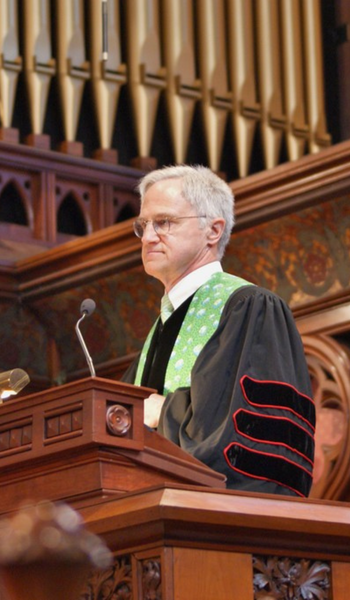
Refugia Podcast Episode 27 God is Still Speaking: Rev. Jim Antal on Communal Vocation, Golden Rule 2.0, and Our Urgent Moral Challenge
If we are to be faithful, we must address the emergent moral challenges. What could be more of an emergent moral challenge than climate change?
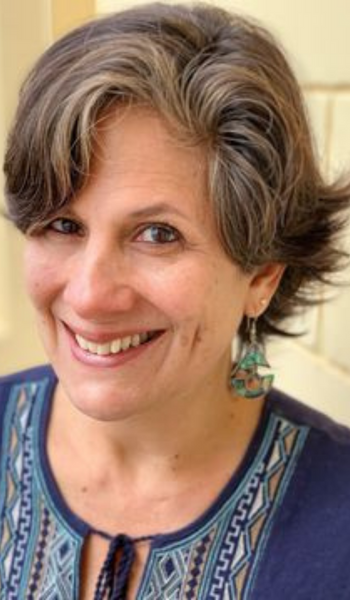
Refugia Podcast Episode 26 At School in Community: Ruth Padilla DeBorst on Intentional Christian Community, Resisting the Allure of Empire, and Planetary Gardening
A church of refugia will be one that is introspective enough to admit, to confess, to lament, to recognize that complicity; to seek then to open up to the work of the Spirit to convict of truth and to bring change, to change those hearts of stone into hearts of flesh.
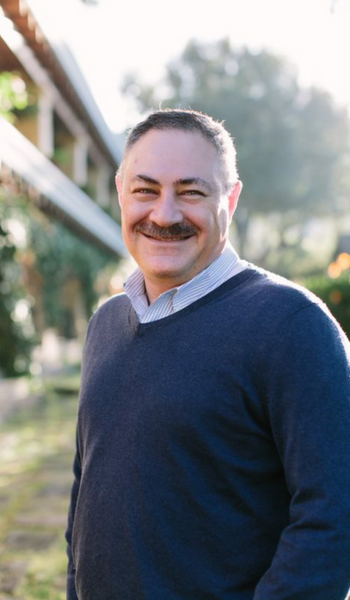
Refugia Podcast Episode 25 Houses of the Future: Rabbi Dean Shapiro on Biblical Stories, Renewed Ritual, and Facing Climate Change as Religious Communities
We want to create a shared space and curriculum through which religious leaders from a wide, wide range of wisdoms will produce and share knowledge with one another and train to lead their communities. And this is all rooted in the conviction that we can, and in fact, we must make a meaningful contribution to ensuring a livable planet and a future in which wellbeing is obtainable for all humankind.
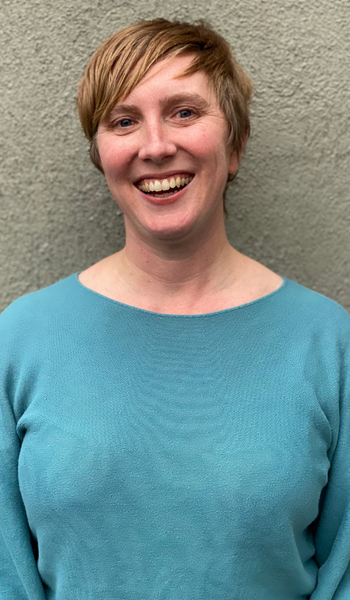
Refugia Podcast Episode 24 The Arc of Movement History: May Boeve on Bridging Refugia through Global Connection, Leveraging Prophetic Speech, and Looking into the Abyss with Faith
So much of the social change we need to make to confront climate change requires community structures, requires people working together to make change. And you can create new structures, and a lot of people do, but there are also a lot of existing structures, and a lot of them are tied to church and faith in some way.
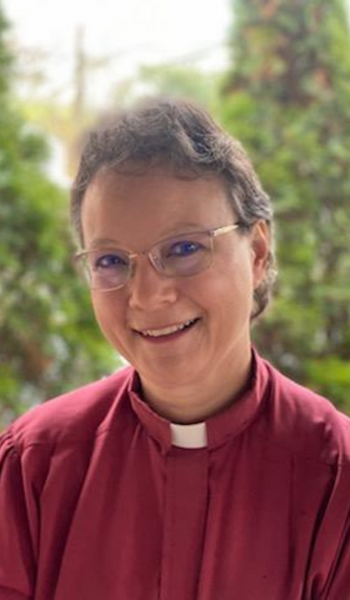
Refugia Podcast Episode 23 Purple Zone Refugia: Leah Schade on Creation Crisis Preaching, the Prophetic Church, and the Trickster Christ
People who are in power want to silence the prophetic voice and the prophetic function of churches. But that is actually one of the reasons the church came into existence in the first place——was to challenge the power structures that victimized and profited and oppressed and exploited vulnerable peoples.
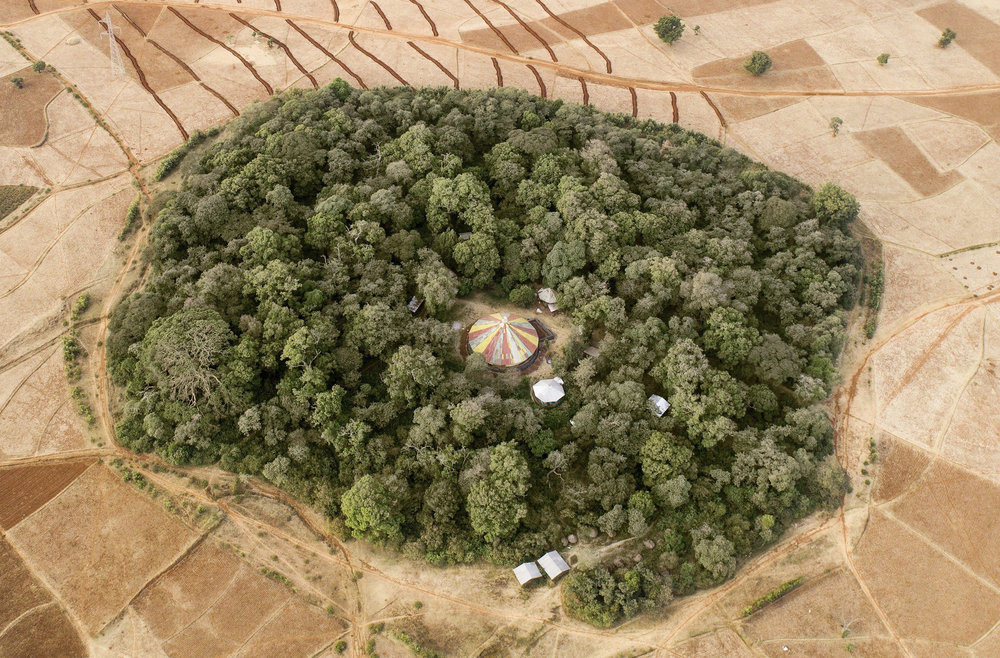
Refugia Emergent
I keep saying that I’m “exploring” this idea, but at this point it’s more like I’m serving the idea. Refugia seems to have a mind of its own and has sort of taken over my thinking and writing. And podcasting! I’ve just completed another season of The Refugia Podcast. I certainly invite you to listen to the episodes, but here, also, is a convenient summary of Season 2.
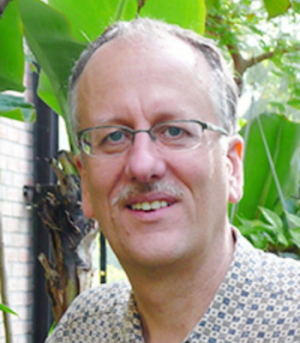
Episode 22 Living Together in a World of Wounds: Dave Koetje and Summing Up Season 2
Dave Koetje returns to sum up season two.
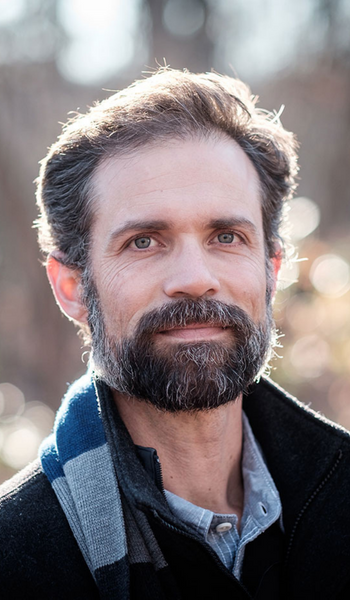
Episode 21 Infrastructures of Holiness: Fred Bahnson on Arks, Intercessory Forests, and Gregarious Hermits
The forests are living arks of biodivesity, tiny green vessels, sailing over a barren sea of brown. In this time of rising waters and diminishing life, the church forests of Ethiopia are in many ways the perfect metaphor

Episode 20 Imaginative and Messy: Kathryn Mae Post on Religion Journalism and Reconstructing Faith
I long for a church that is as committed to effective praxis as it is to robust theology. I long for a church that rejects fear of being challenged or questioned or fear of imperfection.
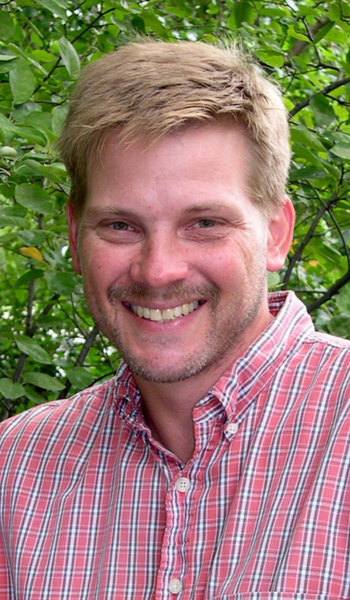
Episode 19 Love Thy Downstream Neighbor: Tim Van Deelen on Sorrow, Anger, and Conservation Biology
I think that there’s a danger that always being in a reflective and appreciative and sort of a passive mode, that it sucks up the intellectual energy and the motivations that you might have to go bang on the door and try to effect a change for the better.
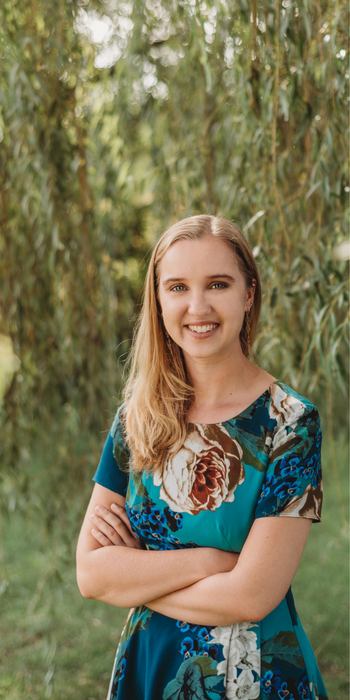
Episode 18 Where Beauty is Happening: Katerina Parsons on International Development, Ripple Effects, and Hunger for Deep Roots
Listen now On this episode, we’re joined by Katerina Parsons, a recent Calvin University alumna who works in legislative advocacy with the Mennonite Central Committee.
Background
Refugia are places of shelter where life endures in times of crisis. From out of these small sanctuaries, life re-emerges, and the world is renewed. We’re exploring what it means for people of faith to be people of refugia. How can we create safe places of flourishing— “micro-countercultures” where we gain strength and spiritual capacity to face the challenges ahead?
Host Debra Rienstra interviews a different guest each week, exploring the evocative idea of refugia from a variety of perspectives, from biology to worship to politics.
This is a podcast, ultimately, about watching for places where God is working at renewal—of the earth, of the church, culture, and society. It’s about seeking how we might participate willingly and courageously in that divine work.
Acknowledgements
Many thanks to the team of people who made this project possible.
Thanks to all my guests, who were so generous with their time and wisdom. I’m proud to put your work on display whenever I can.
Thanks to Kathleen Dean Moore, whose book Great Tide Rising inspired the idea for the podcast and who continues to inspire me with her prophetic voice, artistic skill, and personal integrity.
Thanks to the Calvin Institute of Christian Worship for generous support for Season 4. Thanks to Colin Hoogerwerf for working audio miracles as producer. Thanks to Michal Rubingh for ably editing the transcripts. And thanks to Ron Rienstra for all manner of support in creating Season 4.
Thanks to David Wunder along with the Calvin Center for Christian Scholarship for providing support for Season 3 and to the several Centers and Institutes at Calvin University that provided funding to support an experimental pilot project during the summer of 2019.
Thanks to my excellent assistants for Season 3, Ian Gilbert and Kathryn Gardner (audio editing) and Michal Rubingh (text editing).
Thanks to my excellent assistants for Season 2, Josh Parks (text editing and publicity) and Philip Rienstra (audio editing). Could not have done another season without you.
For Season 1, thanks to Calvin students Kayla Cooper and Garrett Strpko for doing so much of the recording and post-production, and to Jordan Van Eerden for batting cleanup. Thanks to Lauren Cole for much transcription editing and for developing the look of the podcast. Professors are not necessarily the most tech-savvy and we tend to be reclusive, but we can learn. Thanks for your patience with us.
Thanks to Michaela Osborne and Stephanie Boer for vital logistical support during Season 1.
Finally, huge thanks to John Hwang, whose passion and commitment fired me up and made all this possible. Rest in peace, rise in glory, John.
